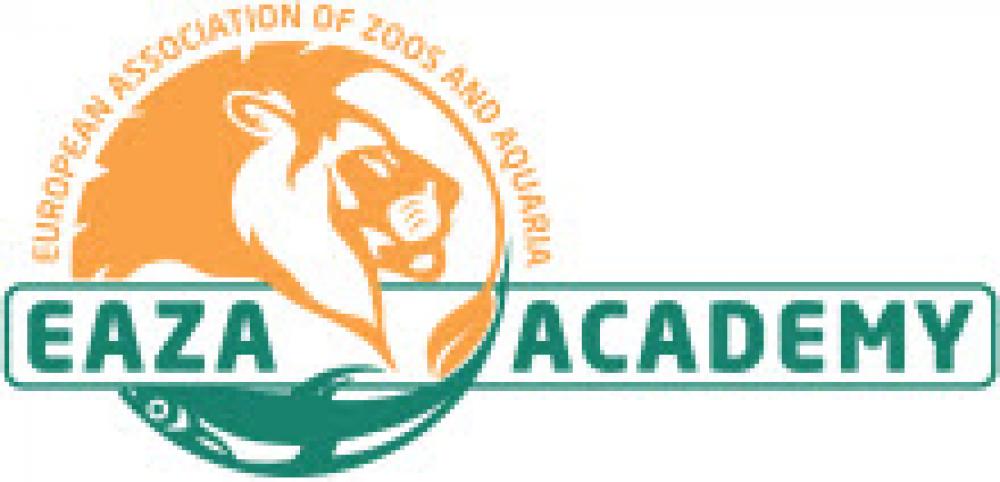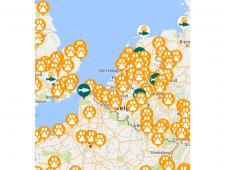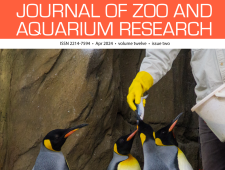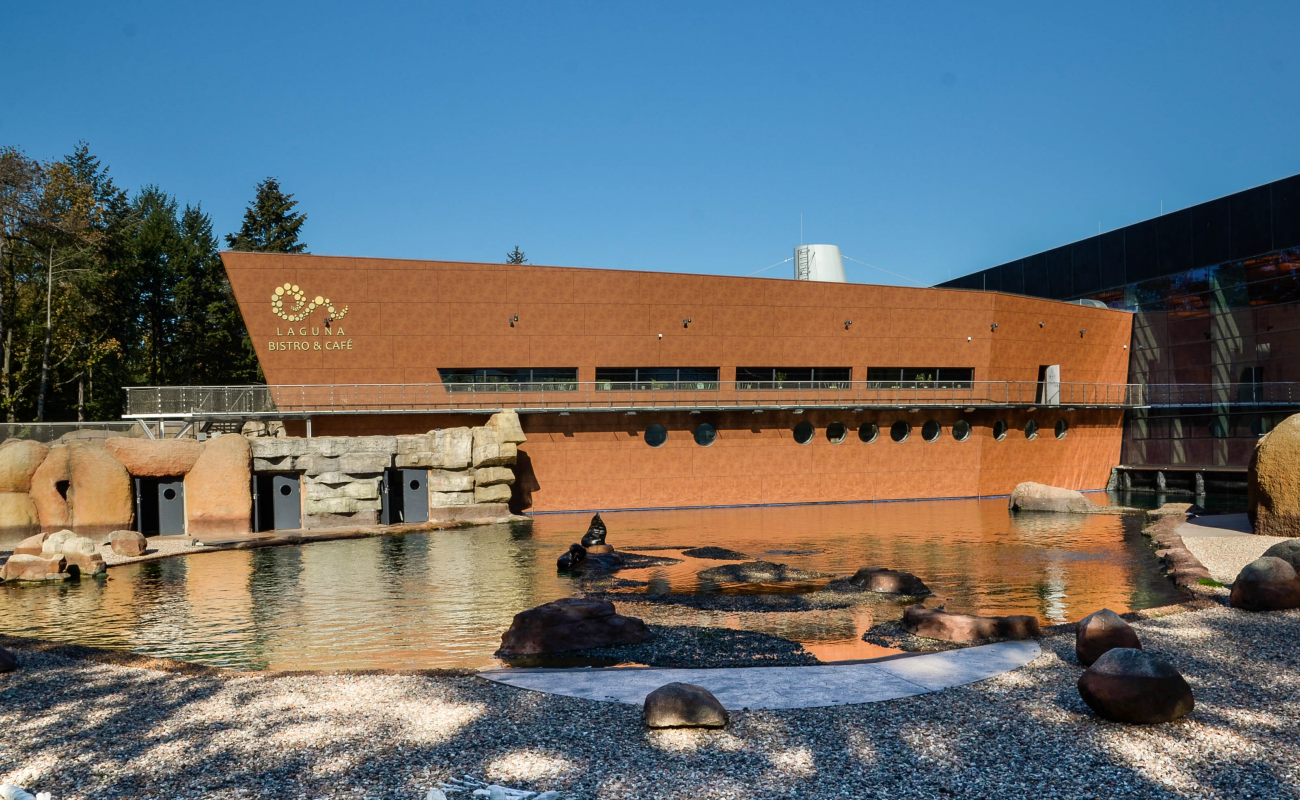Welcome from EAZA
In the last two years we have been working through unprecedented times. The global pandemic has created a multitude of setbacks in so many facets of life. These types of situations remind us that the future may be uncertain and that major changes are possible in the short term. The EAZA biannual conservation education conferences are always an opportunity, not only to share experiences, but also to gather colleagues and friends. So, we invite Educators from across the EAZA region to join the 2023 EAZA Conservation Education Conference to share experiences and work together to build a realistic vision and plan for our future. This in-person conference will celebrate our successes, explore the different journeys we are on, and build consensus about where we are heading. Our ability to inspire people to act in favour of biodiversity of the next several decades depends on how we create the future learning.
See you all in Wroclaw!
Antonieta Costa
EAZA Conservation Education Committee Chair
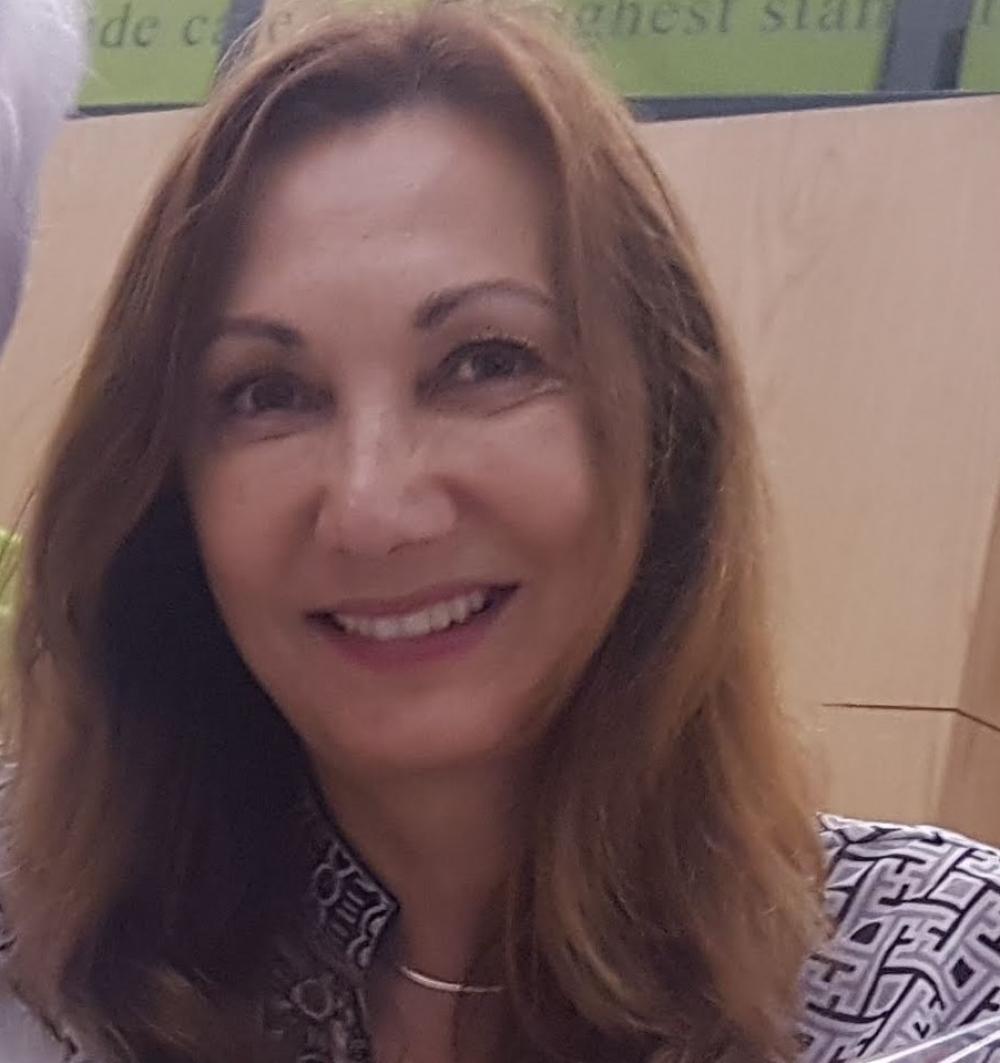
Welcome from Zoo Wroclaw
It is our greatest pleasure and privilege to invite you all to visit Wrocław Zoo and the city of Wrocław and attend the EAZA Education Conference in March 2023. We have been waiting for this opportunity for a few years but because of the COVID-19 crisis we needed to postpone it. Now it is finally time to see you in person.
We hope that the upcoming event will provide a good forum for exchanging ideas and establishing new ways of educating the public to achieve a real change in conservation. The main theme of the conference is Conservation education of the future: from ideas to measurable outcomes. We believe that many of you have lots of experience to share and inspire other Educators to implement new solutions at their zoos.
We would like to wish all of you a safe trip to Wrocław, a good conference and a lot of positive impressions to take home with you. See you in March!
Joanna Kasprzak Zoo Wroclaw CEO
Marta Zając-Ossowska Director of Education Department
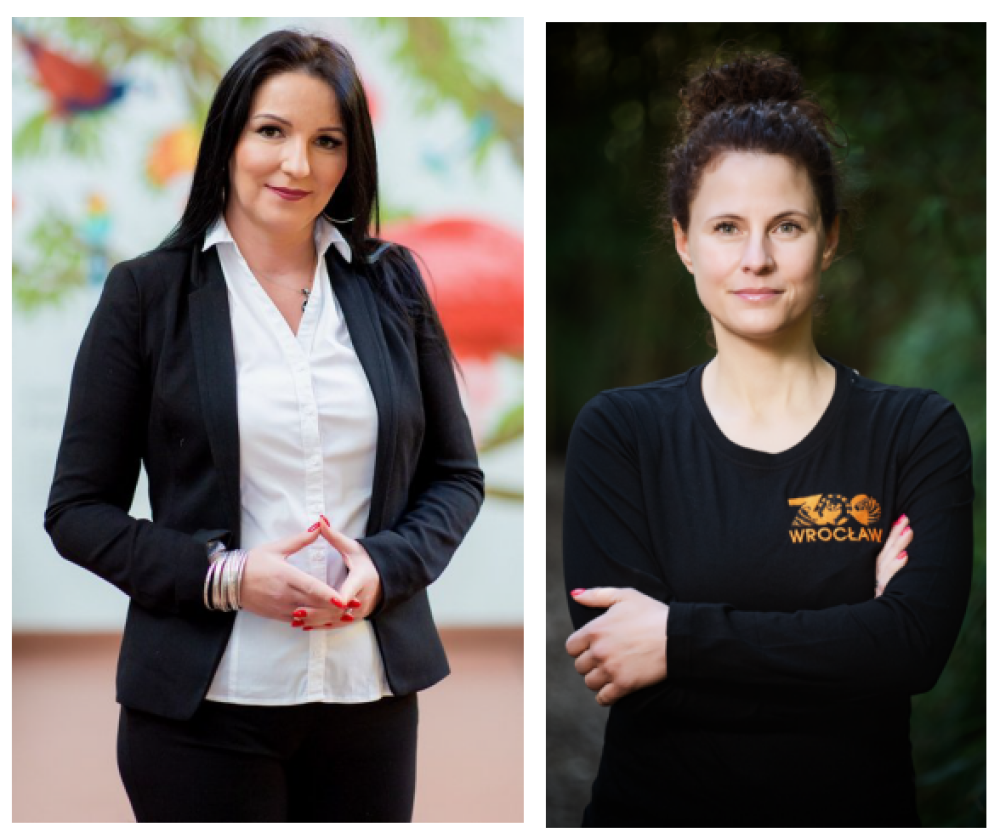
Programme
Please download the draft conference programme (version 1) by clicking here....
The conference icebreaker (Monday 13 March) is held at Wroclaw ZOO in the Africarium complex and starts at 19:00. The conference dinner (Thursday 16 March) will be at Wroclaw ZOO (Letnia Restauracja) and starts at 20:00.
The EAZA Education Conference 2023 will be the first EAZA Conference without a printed programme booklet. Registered delegates are invited to download the official EAZA Education conference app (available in both a web-app and a mobile app) by clicking the link below.
Registration
The early bird period was available until 31 January 2023
| Early bird | Regular | |
| Full conference | €400 | €470 |
| Daily fee | €140 | €170 |
| Academy course fee | €135 (EAZA) | €170 (Non-EAZA) |
Cancellation policy
Please take notice of the following EAZA Events cancellation policy:
- If you cancel more than four weeks before the event starts you will be reimbursed the full registration fee minus €50,- handling charges.
- If you cancel less than four weeks before the event starts you will be charged 25% of the fees.
- If you cancel less than two weeks before the event starts you will be charged 50% of the fees.
Cancellations one week prior to the event will not be refunded It is your responsibility to ensure that your cancellation for the Academy course/European Zoo Nutrition Conference is confirmed by the EAZA Academy or the EAZA Office respectively.
Covid and safety
If the entire event has to be cancelled due to local Covid restrictions and/or national increased Covid prevention measures you will receive a full refund minus €30,- If a registered participant has to cancel due to Covid-related disease and/or travel restrictions caused by Covid the regular EAZA cancellation policy, as stated above, will be applied. If the entire event has to be cancelled due to increased safety concerns caused by unforeseen crisus situations (Force majeure) you will receive a full refund minus €30,-

Travel
Wroclaw Airport is located about 10 km from the city center. Convenient access to the center is possible thanks to public bus and other forms of transport, such as taxis, always waiting for arriving passengers at the terminal. Thanks to the extensive network of expressways and highways located close to the airport, a car journey to the town within a radius of 200 km from the airport takes up to approx. 2 hours.
Venue address (Wroclaw Zoo)
ul. Zygmunta Wróblewskiego 1-5,
51-618 Wrocław, Polska
Approximate costs to travel from the airport to the zoo:
Taxi: 100 Zloty (€22)
Bus: Time ticket for 90 mins: 7 Zloty (€1,50)
You can also reserve an Uber in advance
More travel information can be found on the website of Wroclaw airport
Information about how to travel to Wroclaw Zoo can be found here
Use the Google map below to get directions from your location to Wroclaw Zoo
Accommodation
Below you will find an overview of recommended hotels relatively close to the conference venue. In Wroclaw city there are obviously many more lodging options available via Airbnb and booking.com.
|
Hotel |
Distance (km) |
Approx. price per night |
Discount code EZE2023 |
Contact |
|
0.5 |
€70 |
n/a |
||
|
2.2 |
€158 |
10% |
||
|
4.2 |
€71 |
15% |
||
|
3.1 |
€109 |
15% |
||
|
2.9 |
€116 |
10% |
Please note that discount codes only apply when booking through the direct email address of the hotel

Exploring Digital Tools for Educators (FULL)
FULLY BOOKED
This workshop aims to give conservation educators hands-on experience using a wide range of different learning technologies to aid in-person teaching, interpretation, and blended or fully remote learning. Throughout the highly interactive workshop, participants should build their confidence in using learning technologies, expand their knowledge of different free or very low-cost options available for educators, and generate ideas of how they can embed new tools into their existing practices and new education sessions.
Tutor: Lizzie Seymour, RZSS
This will be a highly interactive workshop. Participants will get the chance to use a range of free or very low-cost learning technologies from the point of view of both a student/visitor and an educator. Technologies include (but are not limited to!):
- Audience Response Systems (ARS)
- PowerPoint
- Digital Learning Environments
- Stop Motion Animation
- Video Editing
- QR codes
- Augmented Reality
- Virtual Reality
- Collaborative Documents
- Evaluation/Stats
We will take the time to answer any and all questions to ensure that everyone feels confident using these technologies, and tips for on-boarding other colleagues to secure finance or to help spread confidence in use.
We will then work in groups to generate ideas to apply these technologies to a range of different contexts including existing formal lessons, creating multiple touch points in learning, interactive interpretation, student-led learning and different outreach activities.
